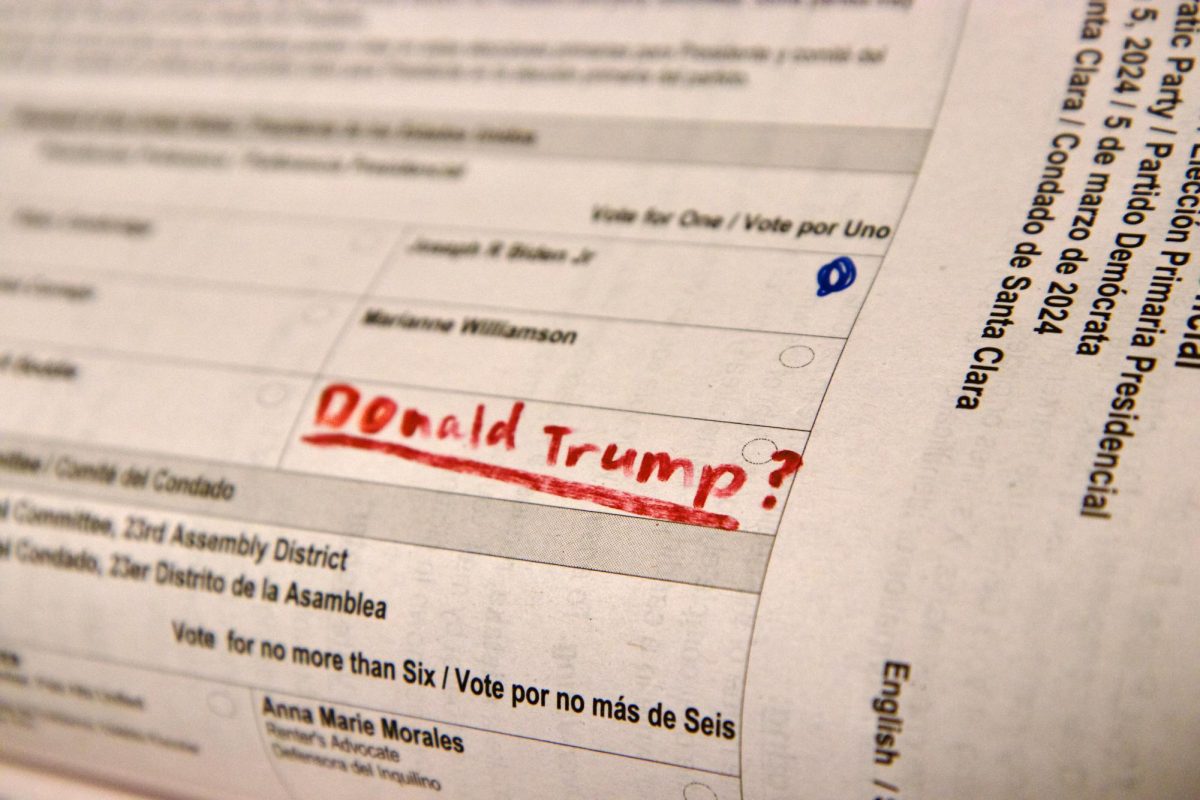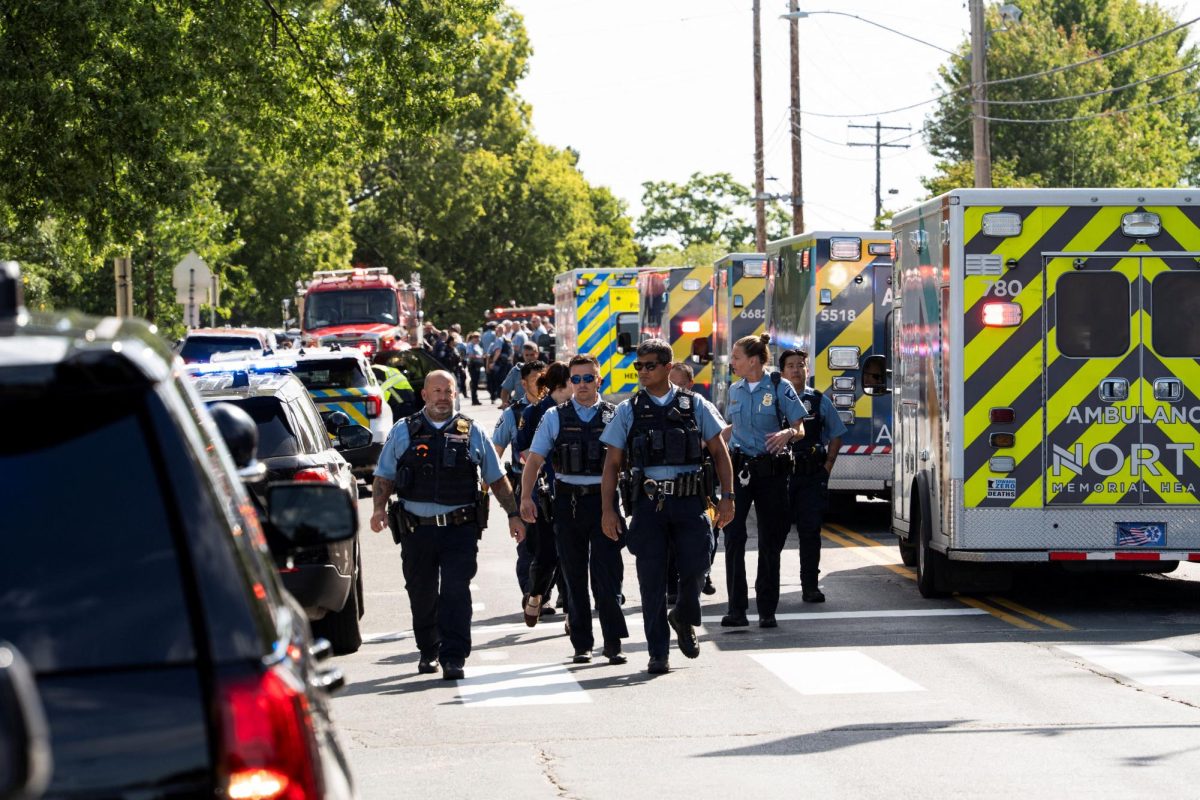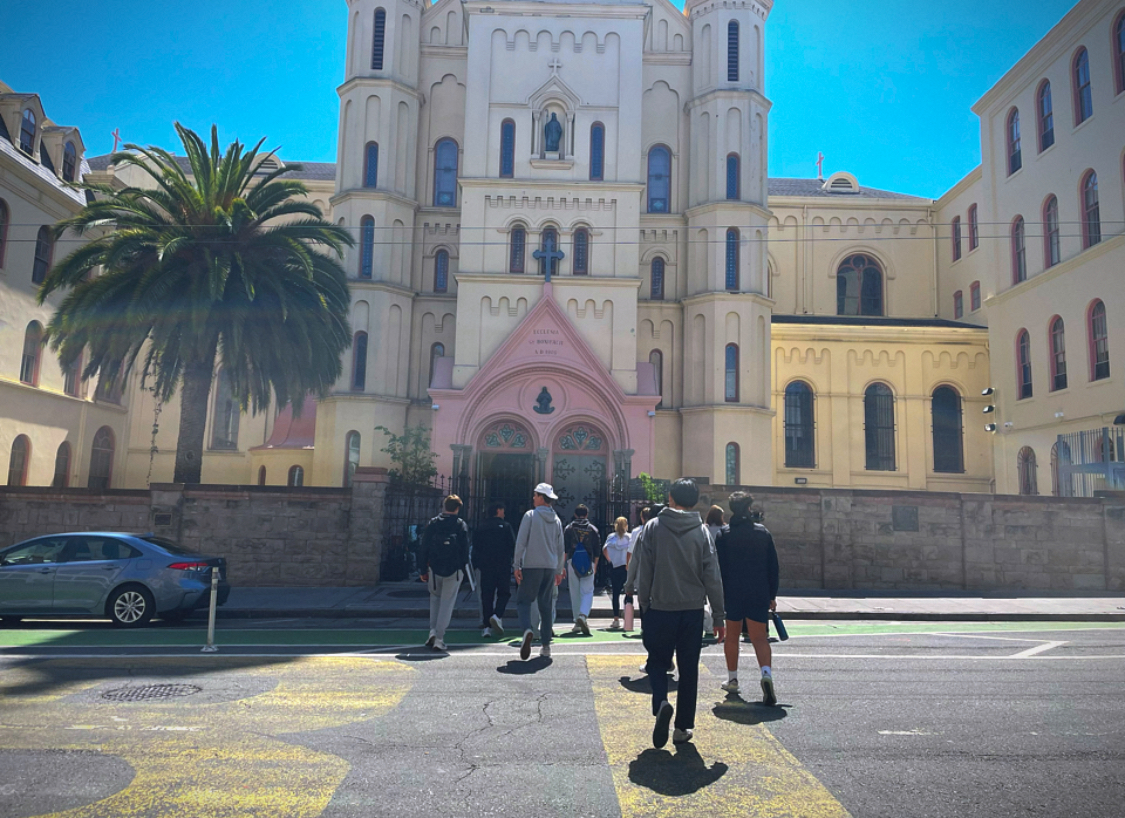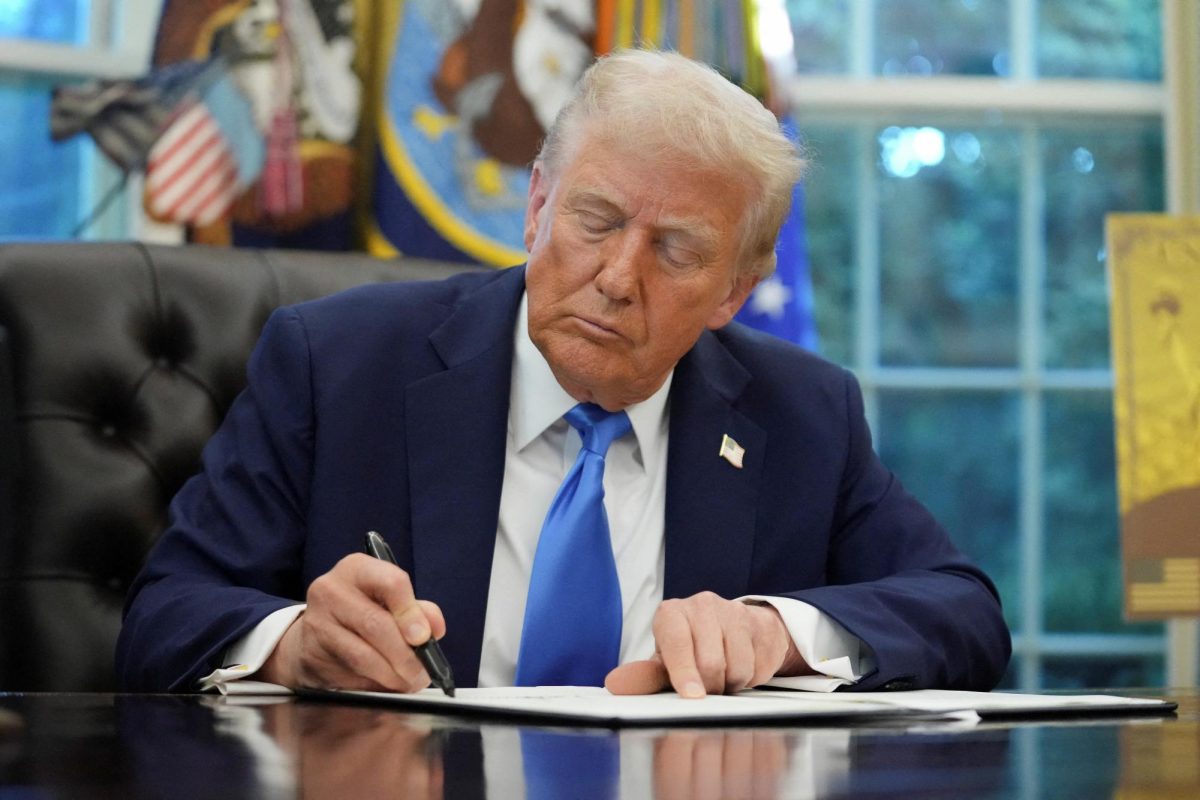Beginning on February 8, 2024, the Supreme Court of the United States will withhold the power to clarify the bounds of federalism in national elections, presidential immunity, and judicial jurisdiction.
Since the beginning of 2021, concrete steps have been taken to clarify the causes and ramifications of the attack on the U.S. Capitol. Subsequent to the event, the House Select Committee to Investigate the January Sixth Attack on the United States Capitol was established, tasked with illustrating a cohesive explanation of the “facts, circumstances, and causes relating to the January 6, 2021, domestic terrorist attack upon the United States Capitol Complex and issues relating to the interference with the peaceful transfer of power,” as articulated by the committee’s official report. Three years later, the federal judiciary seeks to weigh in on the findings of congressional authorities, and their inherent impact on the 2024 presidential election, with the return of former President of the United States, Donald Trump, as a candidate vying for the Republican Party’s nomination.
The forthcoming Supreme Court case, Trump v. Anderson (2024), granted cert on January 5, 2024, was taken up in response to states’ actions towards denying Trump’s eligibility as a candidate; in December of 2023, the Colorado Supreme Court ruled that Trump is ineligible to take office, removing him from the state’s primary ballot — quoting Section Three of the Fourteenth Amendment, often referred to as the “Insurrection Clause,” which articulates that “no person shall be a Senator or Representative in Congress…elector of the President and Vice-President, or hold any office, civil or military, under the United States…[who] shall have engaged in insurrection or rebellion against the same, or given aid or comfort to the enemies thereof.” The section outlines that outlined provisions may be enacted by the legislative branch: “Congress may by a vote of two-thirds of each House, remove such disability.” The Supreme Court of the United States will revisit the decision made by Colorado representatives, either upholding or revoking the legitimacy of the prior holding.
Social Science educator and AP US Government and Politics, Women in Politics teacher, Ms. Serene Williams, discusses the unique nature of Trump v. Anderson, articulating that “the constitutional questions are just absolutely fascinating…[as] this is unprecedented in American history.” Williams outlines the multifaceted case, saying that “there [are] political questions, and then there [are] constitutional questions.” Supreme Court justices may be influenced to make their decision both retrospectively and prospectively — balancing the actions taken on January 6th with the unavoidable repercussions that will follow the decision. The case will not only address the bandwidth of the Fourteenth Amendment and the authority of states to adjust ballots, but also the scope of presidential immunity. Williams describes the unprecedented issue, stating, “we’ve never had a president charged with this…the closest you could say was Nixon,” with U.S v. Nixon (1993) addressing “prior restraint…[as] Nixon knew information was coming out in the press about Watergate…Pentagon papers, too, [he] said that he wanted to pull that information from the press before it ran,” an attempt which was struck down by the court. While U.S v. Nixon (1994) approached the issue of presidential power, it carries little applicable precedent for the Trump v. Anderson (2024) case; although the Insurrection Clause has been applied to members of Congress, it has not been extended to the Chief Executive.
Oral arguments for Trump v. Anderson (2024) are scheduled to take place on February 8, 2024, and countless individuals and collectives have sought to influence or provide information to Supreme Court Justices. Political scientists, interest groups, civil organizations, politicians, and others have filed numerous amicus briefs for the case — either aimed towards persuading Justices to support the petitioner or respondent, or simply to provide relevant information. Notable briefs include one filed by Trump, and another by his former competitor in the presidential primary election, Vivek Ramaswamy. The two briefs maintain similar grounds for their support of the petitioner; both expounding upon the specific language of the Fourteenth Amendment, describing that the Insurrection Clause was not intended to extend to the presidential position, and denying Trump’s contribution to any actions which may be classified as “insurrection.” Trump’s brief states that he, in the position of president, did not maintain a role as an “officer of the United States;” he describes that the phrase “appears in three constitutional provisions apart from Section Three, and each time the president is excluded.” Various commentators combat Trump’s argument, with a brief for G. Antaeus B. Edelsohn stating that applying the clause to the “offices of the president and vice president both conforms with the intent of the drafters and is the obvious plain meaning of the section.” Edelsohn further says that the Fourteenth Amendment “must be read in the context of addressing scenarios of fundamental threats to the political and social stability of the nation,” and articulates that such is acutely applicable to Trump’s actions on January 6, 2021.
Other collectives outline a belief that the Supreme Court simply does not maintain adequate jurisdiction or authority to approach the issue in its entirety. A brief filed by the states of Indiana, West Virginia, 25 other states, and the Arizona Legislature articulates a belief in the unnecessary nature of the Supreme Court’s involvement in Trump’s eligibility, referencing the “political thicket” in which the court will entrap itself through any decision — a phrase often contested in regards to the landmark Baker v. Carr (1962) case, which sparked a similar debate regarding the intercession of the court in partisan and highly political issues. The brief describes that “if the Colorado decision stands, that critical confidence [in the Supreme Court] will be harmed, [and] many Americans will become convinced that a few partisan actors have contrived to take a political decision out of ordinary voters’ hands.”
Debates regarding political autonomy, efficacy, constituency, and constitutionality are to continue throughout the course of the Trump v. Anderson (2024) case. The holding, whether in support or opposition of the petitioner, Trump, will have a significant effect on the remainder of the primary and general presidential election — leaving eligible voters with the responsibility of dissecting the ramifications of the unprecedented case.
February SCOTUS Docket; is Trump an Eligible Candidate?
0
More to Discover










